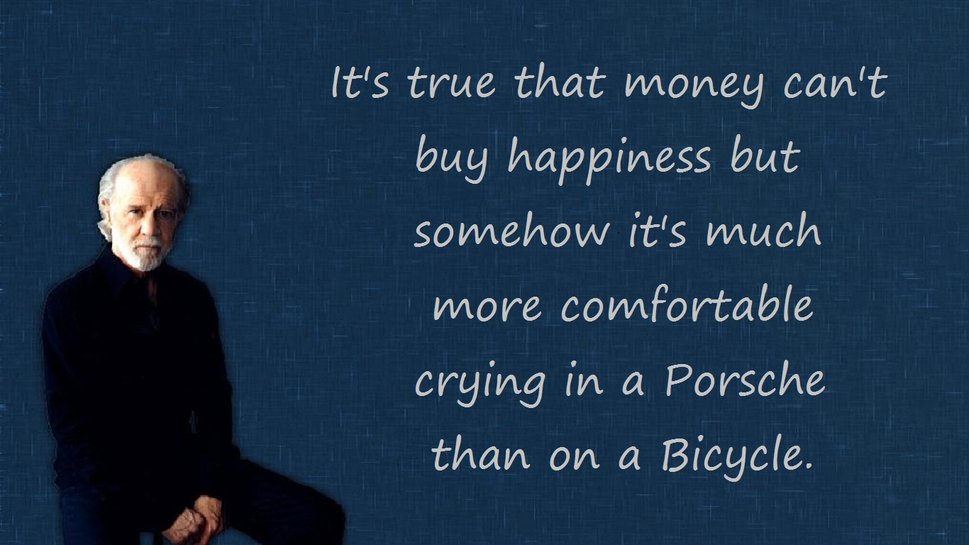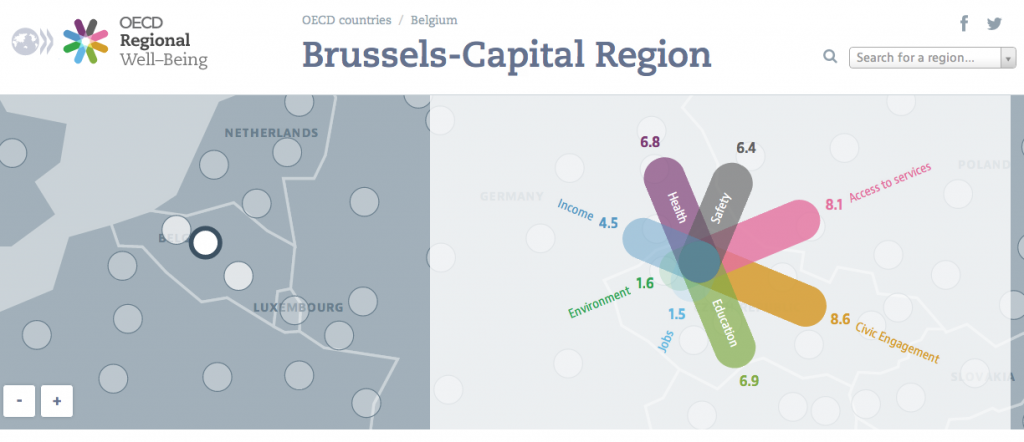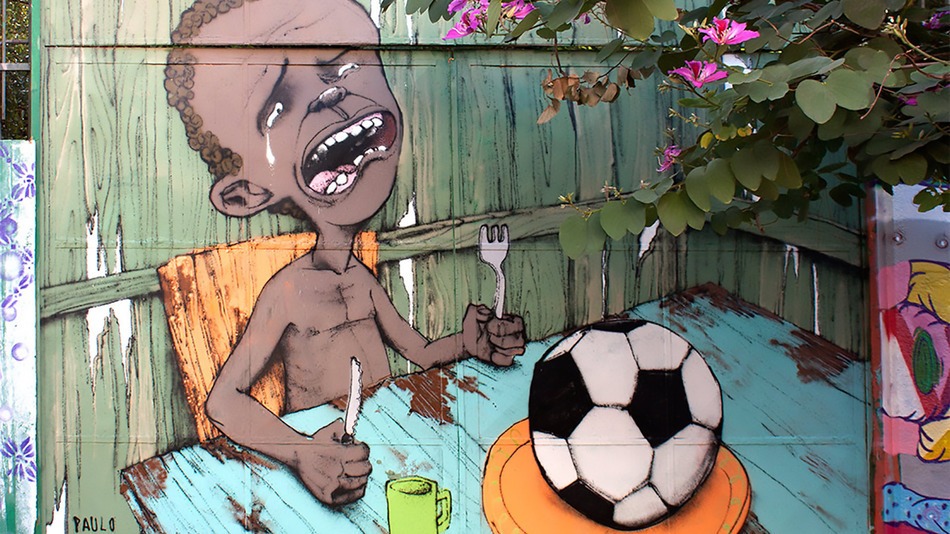I am off in August, but don’t stress. There are over 40 posts on happiness in the season 2013-2014, so there must be something to catch up with.
Here’s an index of what I wrote on in the last ten months:
September 2013
- 30: ‘On the Road‘. Inspired by Jack Kerouac, I start my journey dedicated to the discovery of happiness
October
- 7: A Happiness Bookshelf. Moving in my new apartment, I created a bookshelf with happiness books to make my house a happy place.
- 12: The manufacture of happiness. Together with my former colleague Maroussia, I wrote about how we can fabricate happiness – and it’s still authentic!
- 14: I do like Mondays. Mondays. They’ve a bad reputation, but I think they’re fine. Monday is my blogging day.
- 21: Matthieu Ricard’s plea for altruism. Matthieu Ricard is quite an interesting figure. A scientist, a monk, and arguably a happiness popstar? He now has written a book on altruism.
- 28: Never trust Einstein’s wisdom. There are great quotes on happiness all over the internet. But who said those words?
November
- 4: Teaching my smartphone empathy. Technology with ‘feelings’ can help us fight depression, according to Matt Dobson at TEDxBrussels.
- 11: The magic of TEDxAmsterdam: humour, flow, wit, passion and power. Title says it all, no?
- 18: Intense London Days. Title says it a little, no?
- 25: Costa Rica. The secret of pura vida. Why is Costa Rica so happy? Pura vida, mae!
December
- 2: Gratefulness brings happiness. Stop, look and go. Is there any happiness without gratefulness?
- 9: The optimal income for happiness. At what point is a higher income related to less, not more, happiness?
- 18: Curated by you. When friends send me great happiness links, my blog posts write themselves.
January
- 6: The lottery of happiness. When winning a lottery brings misery instead pleasure.
- 12: The Happy City. Lessons from Bhutan. Stadsleven organises a talkshow about happiness in Amsterdam. I wrote a post about what Bhutan and Gross National Happiness could teach the city.
- 20: Fitter, happier. Radiohead has a song about New Year’s Resolutions!
- 27: Utopia. In a Dutch TV show, fifteen people try to build the ultimate society.
February
- 3: The Happy City. After the Stadsleven talkshow, I share what I learnt about the design and social fabric of a happy city.
- 7: hAPPiness. A guest post by Sanne of Stadsleven on how iPhone apps and Twitter can measure our happiness.
- 10: The politics of well-being. Why are happiness and well-being so difficult for politicians?
- 17 : Gross European Happiness. In a guest post for YPFP, I challenge EU policy-makers to take up the challenge to make Gross European Happiness a reality.
- 24: The special power of music. Music = happiness. Clearly.
March
- 3: On waiting for traffic lights. I share some of my experiences after a great, great week at a course on the Economics of Happiness on the countryside of Devon, England.
- 10: What my TED talk taught me about happiness. One year after my talk I looked back at the six minutes on stage at TEDxLuxembourgCity
- 19: 20 March, International Day of Happiness. The International Day of Happiness, lightened up by the International Hymn of Happiness: Pharrell’s Happy.
- 24: Russell Brand farts for revolution. Russell Brand’s show is about freedom and inspiration. And farts, and too close love for cats, too.
- 31: ‘Flow’, a real experience of happiness. On Mihaly Csikszentmihalyi’s TED talk about flow and happiness – probably my favorite.
April
- 7: Frohes Schaffen. On our identity as workers.
- 14: Tune in to radio. Announcing I joined a radio show, and giving some hints about questions on happiness I want to answer.
- 21: Condivivere – a neologism for ‘sharing life’ in Italian. That was what I took from the radio show!
- 28: Apart from Christmas time, the only day I skipped… Let’s say it was my Easter break.
May
- 5: Serious play & happy gin-tonics. I spent a Saturday trying to record an own version of Pharrell’s Happy. The efforts failed but it was fun anyway!
- 12: An EU Happiness Manifesto. I didn’t run for election, but wanted to inspire candidates for the EU elections.
- 19: Runner’s high: “the body of man is capable of much curious pleasure”. Or, the feast of completing the 20 kilometers of Brussels. Running, that is.
- 26: The EU elections. Taking a break from happy-blogging, I wrote about the ’empty side’ of the European Parliament and the embarrassment in France after the EU elections instead.
- 29: Felicita! Sharing the lessons from my radio interview (in Italian) about happiness
June
- 2: The Independent’s Top 100 (of happiness, not of wealth). Personal stories about unknown people who make Britain happier, every day.
- 11: The Happiness Advantage: Shawn Achor has a conviction: being happy makes us more successful.
- 16: Van Persie, football & happiness. On the contribution made by a pass by Daley Blind and a header by flying Dutchman Robin van Persie to my happiness.
- 23: RFK: measure what makes life worthwhile. The background of the quote (courtesy Robert F. Kennedy) that made me question Gross Domestic Product and look for well-being as an alternative.
- 30: Where the life is good. On the benefits of regional, instead of national, well-being and happiness statistics collected by the OECD. How do you think Brussels is doing?
July
- 7: A feel good video to witness happiness. How a commercial for a Thai life insurer teaches us about happiness (I know, who would have thought!).
- 14: How will buy your happiness?. The old-age question: can money buy happiness? TED speaker Michael Norton helps me to answer: yes, if spent wisely, it does!
- 21: The morality of the market. With the help of philosopher Michael Sandel, I ask whether friends can be rented and everything can be bought.
- 28: On the road, the sequel. The discovery of happiness started in September. And in July, I summarise what I learnt before taking my holiday break.
Enjoy the summer and see you back in September for the season 2014-2015!









